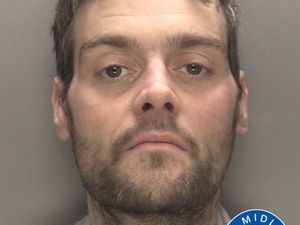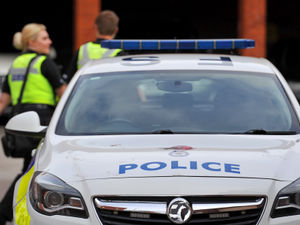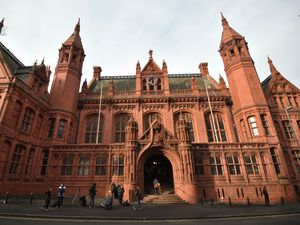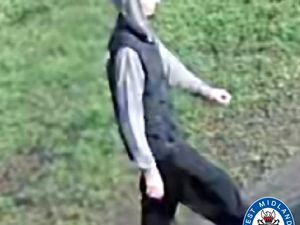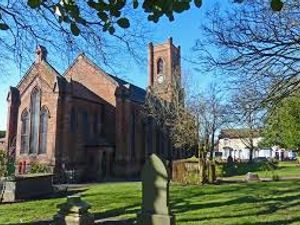Ethnic minorities in Staffordshire three times more likely to be stopped and searched
Black and minority ethnic people in Staffordshire are three times as likely to be subjected to a police stop and search, figures reveal.
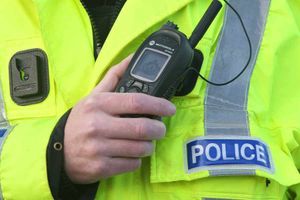
Home Secretary Priti Patel recently announced a nationwide extension of a pilot scheme lowering the level of authorisation needed for stop and searches.
Police chiefs insist that the controversial tactic, which disproportionately affects ethnic minorities, is not racist but necessary to fight rising violent crime.
Data released by Staffordshire Police shows that officers carried out 3,777 stop and searches of people between July 2018 and June this year.
They show that, in the cases where officers recorded the suspect's ethnicity, 16 per cent were Black, Asian and minority ethnic (BAME). Just six per cent of the population in Staffordshire identify as BAME, according to population estimates.
No ethnicity data was recorded in 13 per cent of cases.
Adrian Hanstock, the National Police Chiefs' Council lead on stop and search, defended the policy, calling it a "necessary power" to prevent crime and take weapons off the streets.
But he admitted people from BAME backgrounds were "overrepresented" in the figures, as well as in the criminal justice system as a whole.
Mr Hanstock added: "Chief constables examine any local disparities in stop and search data and work directly with local communities to explain the reasons.
Weapons
"We know that trust in the police is lower among some communities and so we have made greater efforts to include representatives from those communities in our scrutiny of stop and search to help build confidence in policing and address the issues that are most important to them."
In half of cases, suspects were searched on suspicion of drug possession. Suspicion of carrying offensive weapons, such as knives, made up 19 per cent of searches. Just 40 searches were for firearms .
Across England and Wales, police conducted nearly 70,900 fewer stop and searches over the last year – about 282,400 in total. Use of the powers peaked in 2008 and 2009, when 1.5 million were carried out each year.
With levels of violent crime rising, the Police Federation of England and Wales, which represents rank-and-file officers, called stop and searches "vital" to keeping the streets safe.
The federation's lead for operational policing, Simon Kempton, said: "Every officer who embarks on a search must have reasonable grounds to suspect that the person they have stopped is concealing something for example drugs or weapons.
"And the widespread use of body-worn video now means the majority of these interactions are recorded and open to scrutiny.
"It is an effective tool in the fight against crime and can help to reassure the public.
"While we appreciate that the tactic can cause concern to some, it can be vital for preventing and deterring crime on our streets, something which is crucial as we tackle the violent epidemic sweeping the country."

